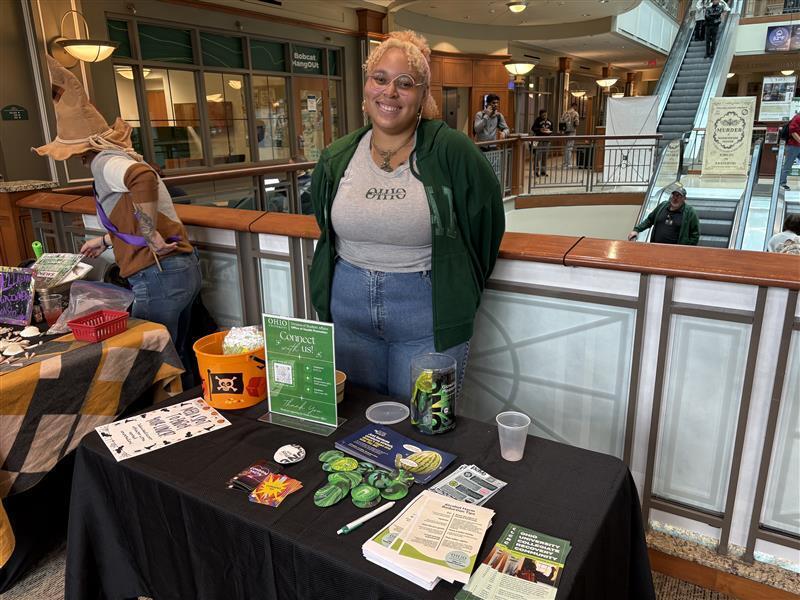Today, June 27th, is National HIV Testing Day! Join us on social media (#NHTD) as we educate and encourage each other to #GetTested.
So, why should I get tested?
According to the recent Youth Risk Behavior Surveillance (CDC), while 41.2% of students surveyed reported having had sexual intercourse, only 10.2% had ever been tested for HIV. An estimated 1.2 million people are living with HIV in the United States, and almost 1 in 8 are unaware of their infection. 50,000 people get infected with HIV each year. About 1 in 4 new HIV infections is among youth ages 13-24.
Let’s change that. Together we can educate ourselves, our partners, and our communities how to play safe. Today is a great day to #GetTested.
Now, what is HIV again?
HIV stands for human immunodeficiency virus. If left untreated, HIV can lead to the disease called AIDS. Being HIV positive is not the same as having AIDS. Many people who are living with HIV don't get sick for several years. Over years HIV slowly wears down the immune system. Common illnesses that usually don't cause any problems can make you very sick, or kill you, if your immune system is damaged.
There is still no cure, but due to improved treatments, people with HIV are now living longer and healthier lives than ever before. But the only way to get treatment if you've been infected is to Get Tested. And no matter what your HIV status, take steps to protect yourself and your partners.
How do I get tested?
Visit your local health center or clinic, and talk to your doctor. Here are some clinic finders how you can find a health center near you:
HIV testing may involve obtaining blood or oral fluid for a rapid test or sending blood or oral fluid to a laboratory. The type of routine HIV tests most places offer are called HIV antibody tests. They detect HIV antibodies, not the actual HIV virus. The human immune system creates HIV antibodies as a response to HIV infection. It usually takes anywhere from 10 days to 3 months from the day of infection, perhaps longer in some cases, for the body to create enough antibodies to be detected in a blood test. Learn more here and here.
Can I get tested without my parents’ permission?
In general, parental permission is not needed to get tested for sexually transmitted infections (STIs), including HIV. And many health centers offer testing for free. Call your local health center and discuss your options.
What do I do if I find out I’ve been infected?
Don’t panic! First, be proud that you had the courage to get tested. Talk to your doctor about your treatment options, and follow them exactly as directed. Talk to your partners, and encourage them to get tested as well.
What is stigma?
Stigma is a negative association that people have with something. Sometimes our culture tries to stigmatize or shame people for having sex in the first place, or if they have been infected with an HIV or another sexually transmitted infection. Don’t let stigma prevent you from getting tested, treated, or talking to your partners about safer sex.
What are PrEP and PEP?
PrEP is a daily pill that people can take to lower their chances of getting infected with HIV. PrEP + condoms, better together! Remember, PrEP doesn’t protect against other STIs, so condoms are still important. Talk to your health care provider to see if PrEP is right for you. Click here for more information.
PEP = post-exposure prophylaxis. It means taking antiretroviral medicines after being potentially exposed to HIV to prevent becoming infected. If you think you’ve been exposed to HIV, visit your doctor as quickly as possible.
The bottom line: if you are having sex, using a condom is the best way to protect yourself and your partner from HIV.

|

|
Additional resources:
- #DoingIt | Act Against AIDS & CDC
- CDC Get Tested
- Ignite Your Status
- AVERT
- AIDS.gov
- CONNECTED
- Sex, Etc. “How do they test for sexually transmitted diseases (STDs)? When can I get tested for an STD?”




Share:
Signs You're Using The Wrong Size Condom
Happy World Contraception Day!